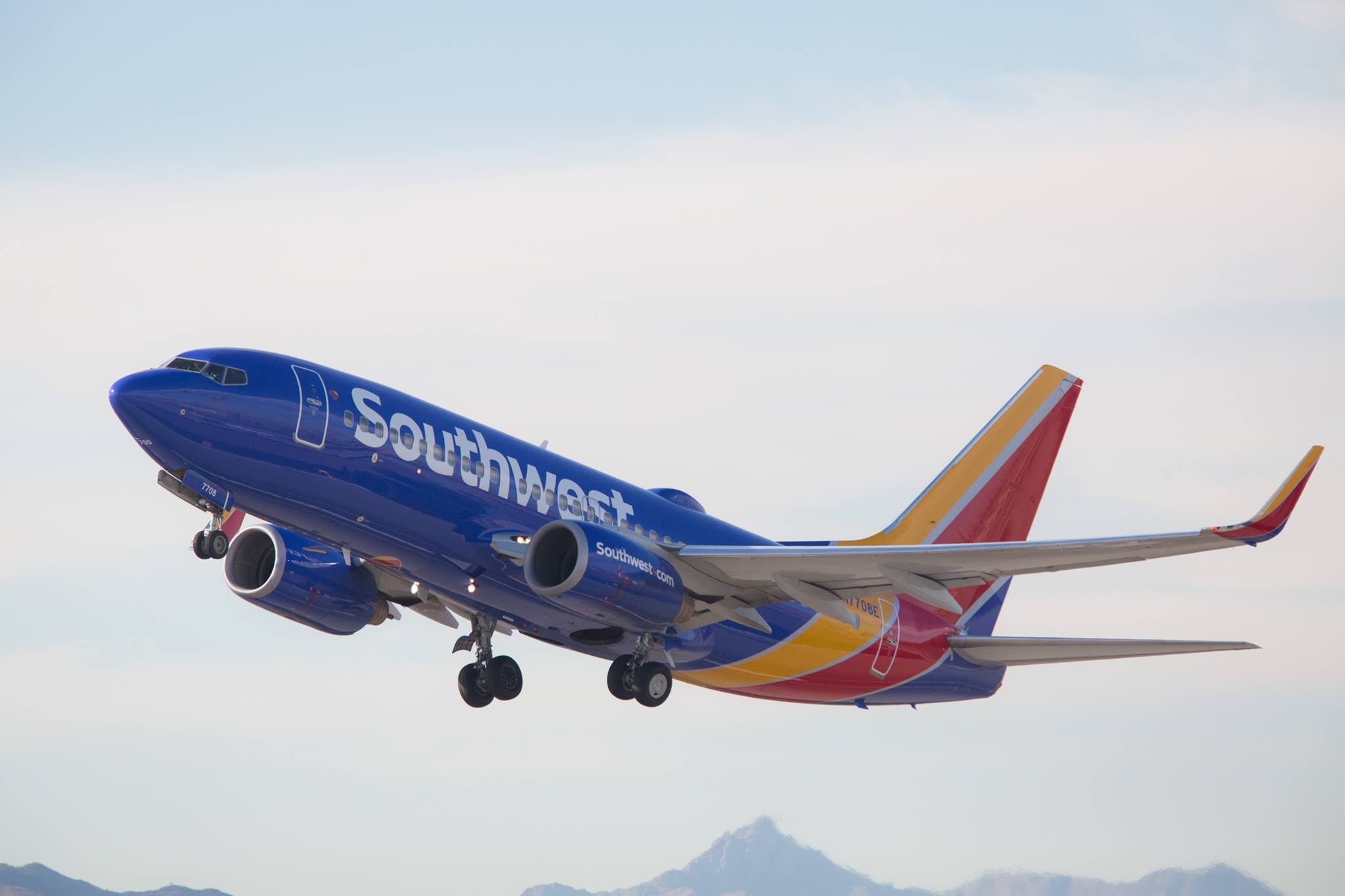The Federal Aviation Administration (FAA) grounded all 387 Boeing (BA +1.17%) 737 MAX aircraft in March after two MAX aircraft crashed within a short period, killing 346 people.
Southwest Airlines (LUV +2.67%) was the largest customer of the MAX, ordering 280 in total before the incidents. The grounding affected Southwest's financial performance in the second quarter, and there are concerns about its impact on Southwest for the remainder of 2019 and into 2020.

Image source: Getty Images.
Second-quarter impact
Unexpected expenses and lower efficiencies were realized during the second quarter as Southwest's fleet was reduced by 34 MAX aircraft, decreasing seat capacity by 5%. Southwest announced an impact of $175 million to operating expenses during the second quarter because of the grounding.
In addition, capital expenditures were affected for fiscal 2019, lowering the spend from $1.9 billion and $2 billion to $1.2 billion to $1.3 billion. Ending the second quarter with 753 aircraft in the total fleet including 34 grounded MAX aircraft, Southwest postponed the scheduled retirement of seven 737-700 aircraft. Keeping the 737-700s in service will allow Southwest to defend seat capacity of 1% into the end of 2019, however, an additional 4 aircraft are scheduled to retire at the end of 2019 -- retiring a total of 11 aircraft or 1.5% of in-service seat capacity.
A loss in altitude
Southwest announced that the "MAX-related flight schedule adjustments are now extended through January 5, 2020," taking a bite out of the second half of 2019. This delay originally planned to end in November will continue to constrain aircraft capacity. The grounding has removed 200 peak-day flights from the weekly schedule of more than 4,000 flights a day from Southwest's schedule.
Southwest had planned to receive 41 more MAX aircraft by the end of 2019, but the airline has said that all scheduled MAX aircraft are postponed until the grounding is rescinded. If the grounding timeline continues beyond expectations, plans will be shifted as Southwest expects to receive another 79 MAX aircraft by the end of 2020 -- adding further delays to expansion and lowering seat capacity.
The Southwest Airlines Pilots Association has estimated that the projected relaunch date of January is too conservative, giving an estimate of February or March of 2020 -- at least two to three months longer than the anticipated date stated by Southwest and Boeing. The association also announced a lawsuit against Boeing for $100 million in damages for lost wages. Boeing announced a $4.9 billion charge for potential concessions in the recent quarter, but nothing has been settled or addressed.
Turbulent third quarter
Available seat mile (ASM) declines in the second quarter are expected to continue for the remainder of 2019 -- increasing unit costs. With an original plan to increase ASM's 5% in 2019 before the grounding, the revised expectation is a decrease of 1% to 2% year over year.
Southwest reported an efficiency decrease of 1.7% in the second quarter from the loss in fuel-efficient aircraft, expecting the same loss in the third quarter. Furthermore, Southwest expects the third-quarter cost per available seat mile (CASM) -- an efficiency metric that divides operating expenses by available seat miles (ASM), excluding fuel, oil, and profit-sharing expenses -- to go up 9% to 11% year over year. This is a 7% difference from the original expectation of a 2% boost before the grounding.
The view isn't great
The piece of software causing the problem was designed to prevent stalls in bigger, fuel-efficient planes. Boeing is working to update the critical glitch, training pilots and reassuring passengers about the safety of the MAX, but the damage may take a while to wash out. Southwest projects that the MAX will be back up and flying at the beginning of 2020. However, this is not a scheduled date and may take longer than anticipated.
Southwest has expanded to Hawaii, reduced and shut down underperforming and high-cost routes such as Newark, and has extended the life of seven aircraft to keep capacity afloat. With a forward price to earnings of 12.59, Southwest is still priced at a premium to American Airlines at 6.28 times and Delta Airlines of 7.71.
If airlines are given the green light on or before January 2020, there will be some damage repair costs. A more fuel-efficient fleet, though, will lower unit costs and increase profitability for Southwest in the long term, thereby allowing expansion plans to continue. As the grounding continues beyond estimates, there will be cost increases as the older fleet retires -- forcing Southwest to make difficult decisions in 2020. Considering the risks of additional delays, investors need to stay seated going into the third quarter, waiting for the grounding to rescind before purchasing shares of Southwest Airlines.







